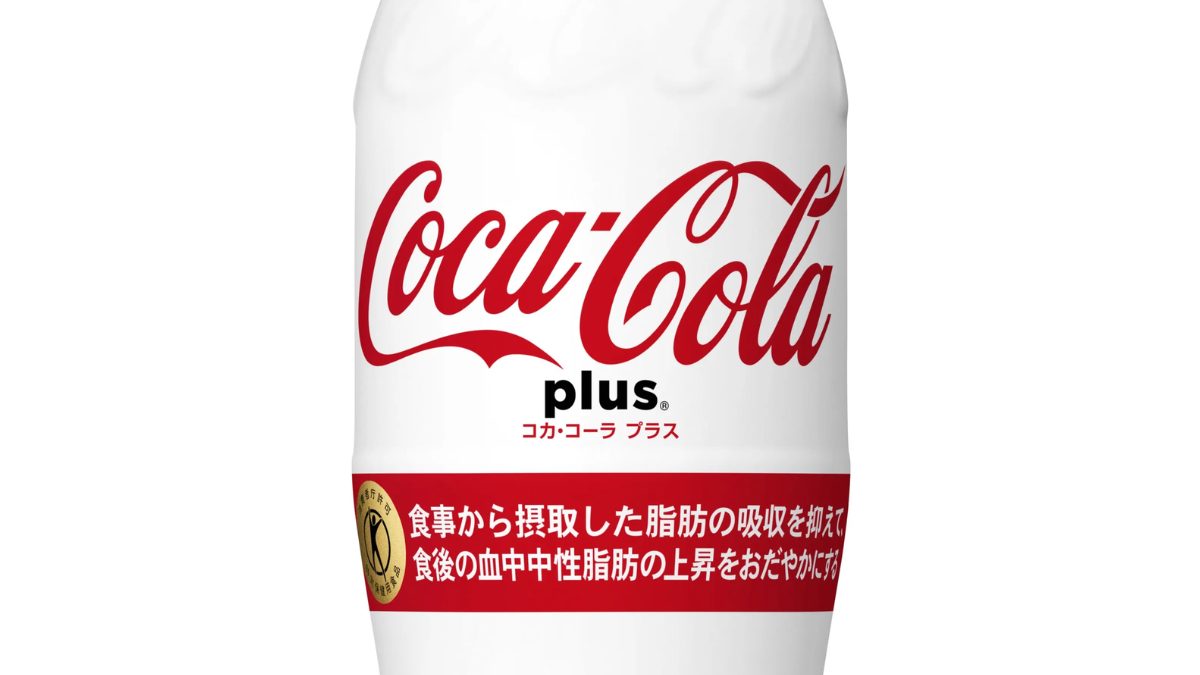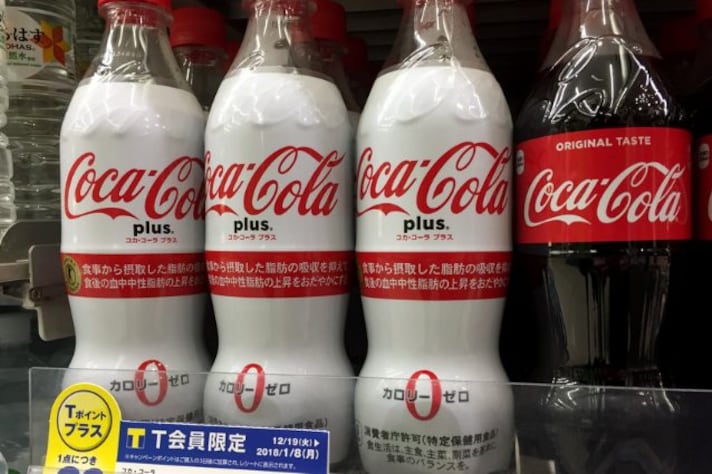
In a country known for its low obesity rates and health-conscious culture, Japan has introduced a beverage that’s turning heads—and raising eyebrows. Coca-Cola Plus, a product exclusive to the Japanese market, claims to do more than just quench thirst. According to Coca-Cola Japan, this sugar-free, calorie-free cola is formulated to support fat management and reduce blood triglyceride levels when consumed with meals.
The drink is part of Japan’s growing trend toward functional beverages, which are designed not just for taste but for targeted health benefits. With an aging population and a national focus on wellness, Coca-Cola Plus is aimed at older consumers who want to enjoy soda without the usual nutritional baggage.
The Science Behind the Sip
So what makes Coca-Cola Plus different from your average diet cola? The answer lies in its key ingredient: indigestible dextrin, a type of dietary fiber derived from corn starch. Each bottle contains five grams of this fiber, which is said to help block fat absorption and moderate post-meal triglyceride spikes.
The drink’s health claims are backed by Japan’s Food for Specified Health Uses (FOSHU) certification, a government-regulated label that allows certain products to advertise scientifically supported health benefits. Coca-Cola Plus is one of the few sodas to earn this designation, giving it a level of credibility that’s rare in the soft drink world.
However, it’s not meant to be sipped casually throughout the day. Coca-Cola Japan recommends consuming one bottle per day, ideally split into three 150ml servings with meals, to maximize its digestive benefits.

A Cultural Fit
Japan’s approach to health and nutrition is markedly different from Western norms. The country has one of the lowest obesity rates in the world, thanks in part to portion control, active lifestyles, and a diet rich in fish, vegetables, and fermented foods. The introduction of Coca-Cola Plus aligns with this ethos, offering a familiar flavor with a functional twist.
It’s also a reflection of Japan’s BMI standards, which define obesity at a lower threshold than in many other countries. While the global benchmark for obesity is a BMI of 30 or higher, Japan considers a BMI of 25 or above as obese. This stricter definition has influenced public health policy and consumer behavior, making products like Coca-Cola Plus more appealing to weight-conscious shoppers.
Skepticism and Caution
Despite its promising claims, nutritionists outside Japan urge caution. While indigestible dextrin has been shown to aid digestion and slow fat absorption, it’s not a magic bullet. Experts warn that no soda—no matter how fiber-rich—can replace a balanced diet and regular exercise. And while Coca-Cola Plus may offer benefits when consumed as directed, overreliance on functional beverages can lead to unrealistic expectations.
Still, the drink’s popularity in Japan suggests that consumers are open to innovation—especially when it’s wrapped in familiar branding and backed by government certification.
;Resize,width=767;)
